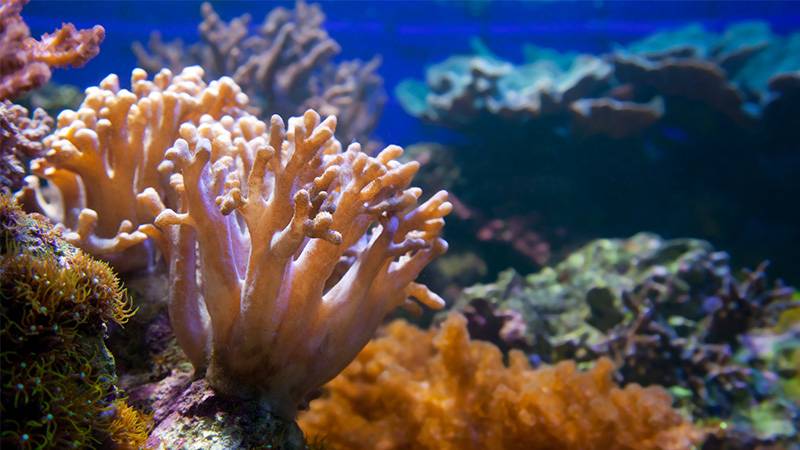Rising ocean temperatures are posing significant threats to the world’s coral reefs, predominantly influenced by human-induced climate change and El Niño phenomena. However, recent research published in Nature Communications on August 22 offers a beacon of hope: specific Pacific coral reefs might possess the ability to adjust to certain temperature hikes. Such adaptability could mitigate the impacts of future coral bleaching as global climates continue to evolve.
A pertinent issue surrounding this subject is the rate at which coral reefs can develop natural thermal resilience. The unknown has intrigued scientists, especially given the limited understanding about the pace at which such adaptation occurs. Dr. James Guest, a coral reef ecologist from Newcastle University and a co-author of the study, highlighted this gap in knowledge, emphasizing that while there are mechanisms such as acclimatization, genetic shifts, or changes in community structures that can increase coral’s thermal tolerance, determining the rate of these changes remains elusive.
Addressing this gap, the research team embarked on a journey into the historical records, analyzing mass bleaching events in Pacific coral reefs since the late 1980s. Their primary focus was on the coral system in Palau, an island nation in the western Pacific. Notably, reefs in this region are celebrated for their vast biodiversity and act as natural barriers against storms.
Relying on multiple decades of data, the researchers formulated diverse models, each portraying varying future coral bleaching trajectories for the reefs in Palau. These models were underpinned by distinct simulated rates of thermal tolerance growth. A standout discovery from the research indicated that, given a scenario where coral heat tolerance increases consistently at an optimal rate throughout this century, we could anticipate significant curtailments in bleaching repercussions.
Such findings reinforce the prevailing scientific view that the magnitude of future coral bleaching is intrinsically linked to carbon emission reductions. An illustrative point is the 2015 Paris Agreement’s commitment to cap future temperature increases at 2.7 degrees Fahrenheit. Under scenarios with low to moderate emissions, it’s possible to mitigate high-frequency coral bleaching completely. However, in a contrasting high-emission scenario, where fossil fuel reliance is unabated, such bleaching ramifications become inevitable.
“Our study indicates the presence of an ecological resilience to climate change, yet also highlights the need to fulfill Paris Agreement commitments to effectively preserve coral reefs,” study co-author and Newcastle University coral reef ecologist Liam Lachs said in a statement.”
A major takeaway from this study suggests that certain innate mechanisms, like genetic adaptability or acclimatization of corals and their symbiotic microalgae, might be pivotal contributors to enhanced heat tolerance. This implies that coral communities might have the capacity to survive amidst escalating marine heatwaves triggered by consistent climate change.
However, such resilience is not devoid of drawbacks. According to Popular Science, such adaptations might inadvertently diminish reef diversity and growth. Moreover, in the absence of concerted efforts to curb future greenhouse gas emissions, the Pacific coral reefs could be rendered incapable of providing essential habitat resources and safeguarding against oceanic waves.
Dr. Liam Lachs, another co-author from Newcastle University, encapsulated the study’s significance, asserting the evident ecological resilience of these reefs to the changing climate. However, he also stressed the urgency of upholding commitments like the Paris Agreement to safeguard these coral ecosystems. The study, while offering a semblance of optimism, unequivocally underscores the pressing need for sustained carbon emission reduction efforts, which are paramount for the preservation of these indispensable marine ecosystems.
More inspiring green news similar to this:


